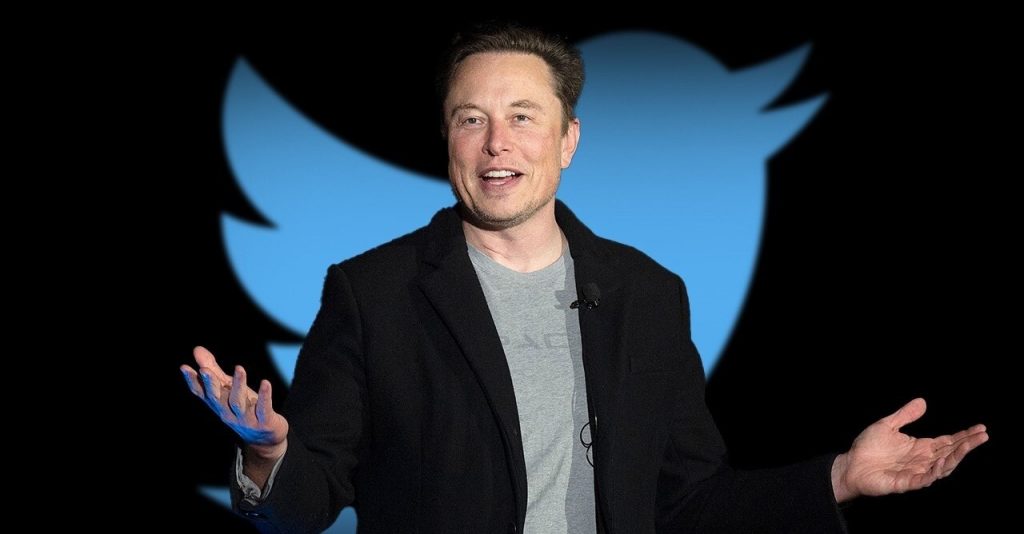San Francisco: Following Instagram head Adam Mosseri’s announcement to implement rate limits on Threads, Twitter owner Elon Musk reacted to the decision and called it a copycat .
Mosseri posted on Threads, “Spam attacks have picked up so we’re going to have to get tighter on things like rate limits, which is going to mean more unintentionally limiting active people (false positives). If you get caught up those protections let us know.”
It’s even more over than previously thought possible pic.twitter.com/8mI7mkZFav
— Ramp Capital (@RampCapitalLLC) July 17, 2023
Later, when a user tweeted a screenshot of Mosseri’s post, Musk said, “Lmaooo.” “Copy *cat emoji*.”
Lmaooo
Copy 🐈
— Elon Musk (@elonmusk) July 17, 2023
Musk also said, “Seems oppressive.”
Earlier this month, Musk had said that he has applied temporary limits on who will read how many posts in a day, to prevent data scraping and system manipulation.
Meta Founder and CEO Mark Zuckerberg on Tuesday announced that “10s of millions of people now come back daily” on Threads and “that’s way ahead of what we expected.”
“The focus for the rest of the year is improving the basics and retention. It’ll take time to stabilise, but once we nail that then we’ll focus on growing the community,” Zuckerberg added.
Also, replying to a thread asking about his best tech “hot takes”, Mosseri said, “Android’s now better than iOS.”
Since Threads was launched, Musk has been praising and improving Twitter, while criticising Threads and Zuckerberg.
Musk Monday said, “Whatever sins this platform may have, being boring is not one of them.”
On Sunday, he said that Zuckerberg doesn’t seem to care about his new product.
Earlier, in response to a tweet about Meta CEO’s investment in the Metaverse, Musk said, “Censorship pays them well.”
The Twitter-owner had also mocked Zuckerberg, and said, “Zuck is a cuck.”
“I propose a literal d*** measuring contest,” he had tweeted.
Musk also said, “Competition is fine, cheating is not.”
“Zuck my *tongue emoji*,” he had tweeted last month.
In 2017, Tesla CEO had hit back at Zuckerberg, saying that the Meta CEO’s understanding of artificial intelligence (AI) was “limited”.
